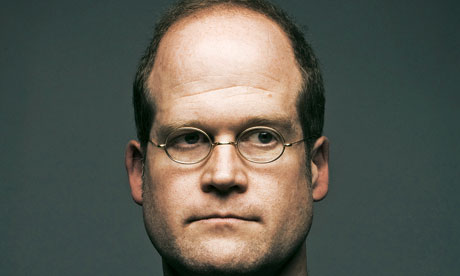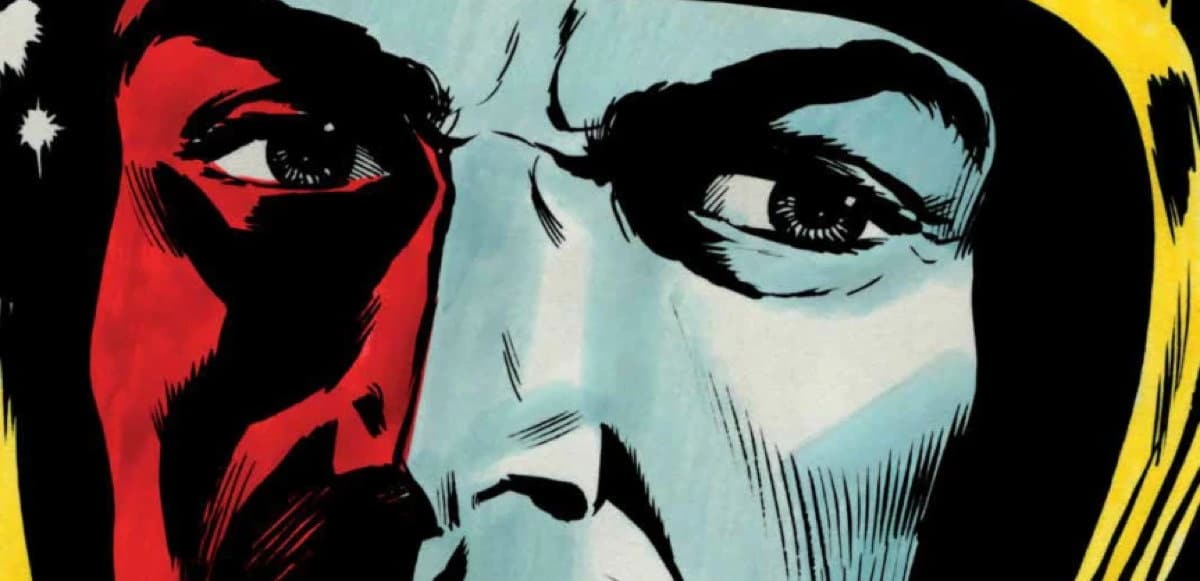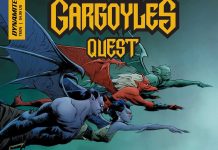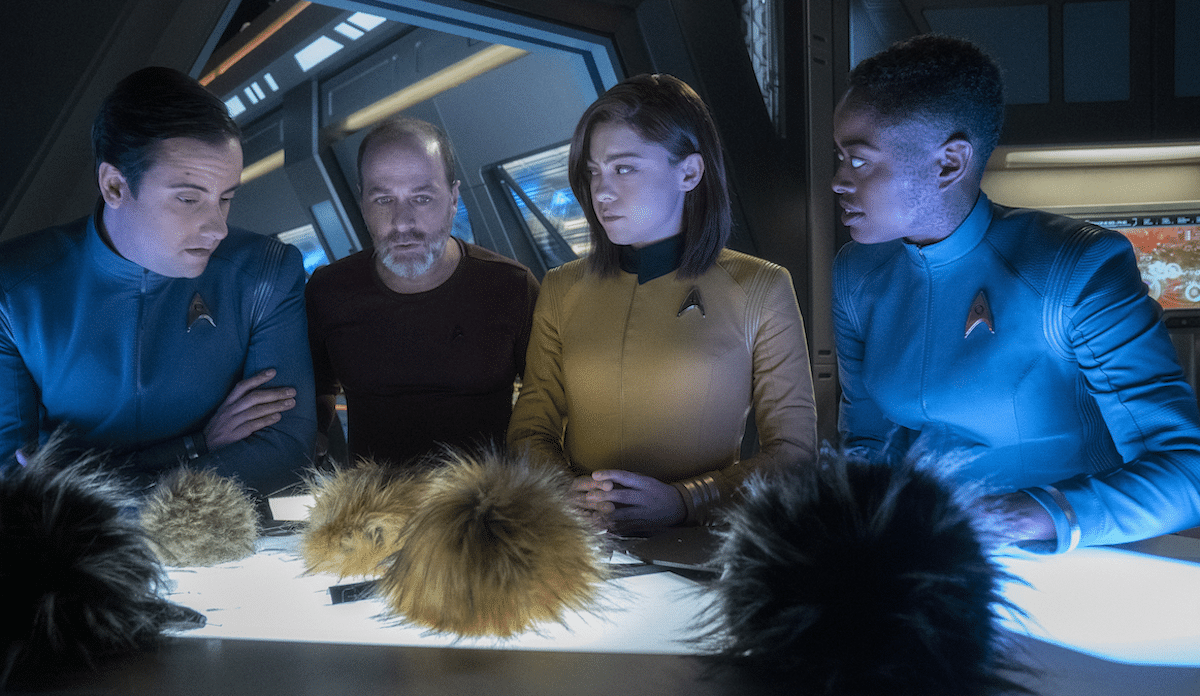
Chris Ware is only the second cartoonist to get the Paris Review interview treatment—Robert Crumb was the first—and it’s said to be one of his longest and most revealing interviews ever. With scholar Jeet Heer doing the interviewing, how could you expect less. But in a surprise twist, you can only read the whole thing by purchasing a copy of The Paris Review! However there is an online excerpt just to set the table:
Television was probably my first real drug. I have little doubt that it fired off the same dopamine receptors in my brain that marijuana later did. Specific hours of my childhood day would be tonally defined by what was on. Monday through Friday at three-thirty meant Gilligan’s Island, and so that particular half hour always took on a sense of bamboo and Mary Ann’s checkered shirt, later to be replaced by the tweed and loafers of My Three Sons. I was sensitive to the broadcast vibe of ABC versus CBS versus NBC versus PBS and to how their particular programs made me feel, even how the particular resolution of each channel was different.
So yeah, go buy a copy of The Paris Review already.
Photograph: Nicolas Guerin/Contour







For most of the 70s, Omaha afternoon television was unchanged.
Flintstones. Hogan’s Heroes. Dinah Shore. The Gong Show. The Brady Bunch. Gilligan’s Island.
PBS (Nebraska ETV) aired Sesame Street, Electric Company, and ZOOM. Although Iowa Public Television was right across the river, it always came in staticy, except on weekend nights, when we would tune in for Doctor Who.
WOW-T, Channel Six, had a ghost image from the secondary antenna over by Lincoln, and although Lincoln was only an hour away, Channel Ten never was seen in the metro area. Their program director was also a television connoisseur… The Millionaire and Jack Benny aired on weekends, and The Life of Riley was a fixture on late night TV.
And. of course, there is this little tidbit:
http://en.wikipedia.org/wiki/Logo_of_NBC#1975-1979
Comments are closed.